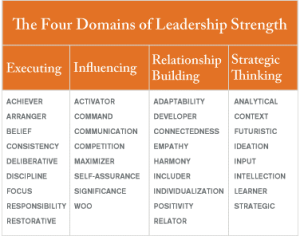Workshop Category: Professional Practice
Workshop Student Development Outcomes: Goal Setting
Workshop Facilitators: Katie Ness & Erica Tealey, CLA Career Services
Click Here to view the PowerPoint Presentation from this workshop!
The resume (and cover letter) are the tools necessary in one’s search for a job or internship. These two documents represent you “on paper.”
The idea is IF these documents are good enough, they will advance you to the next stage of the process – typically, the interview phase.
When you are assembling these documents, ask yourself…
- What do I have to offer (in terms of education, skills, and experience) that would distinguish me from the competition, and be a good match for their company?
- Use key words found in the vacancy announcement, job posting, or from their website.
- Descriptive action verbs are essential in highlighting skills to a potential employer.
- Is the resume formatted consistently, and is it easy to read and understand? (If your resume doesn’t look good, it doesn’t matter how well qualified you are. Employers won’t read it.)
Employers tend to evaluate candidates based on RELEVANT WORK EXPERIENCE. Knowing that means
- Internships are critical. Do more than one if possible.
- Part-time and summer jobs are viewed as favorable too.
- For some jobs, research experience is just as good (maybe even better) than paid work.
Another thing to recognize is how highly regarded LEADERSHIP SKILLS are to an employer.
Therefore, I always emphasize the 3 E’s on a resume.
1. Education
- Don’t forget to include your expected graduation date,
- Your degree (BA or BS) and major/minor
- Your GPA (many employers pre-screen based on GPA)
2. Experience
- Separate out relevant (and “other”) work experience
- Internships might deserve their own section on your resume
3. Extra-curricular activities that highlight leadership. Here are a few examples…
- Welcome Week Leader
- Ambassador
- Campus Tour Guide
- Officer in a club or organization
- Community Involvement, etc.
Another thing to note: more employers are viewing social media sites to view applicants. What is your presence on social media? Is there anything there that you would be embarrassed about? I would encourage you to establish yourself on LinkedIn. The 3 E’s can be highlighted there as well, along with recommendations and endorsements, and a professional head shot and summary section.



